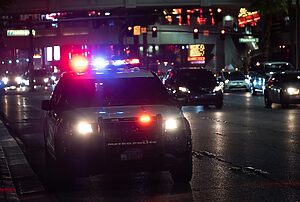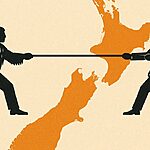Summarised by Centrist
The government’s Electoral Amendment Bill, which passed its first reading in Parliament, proposes major changes to New Zealand’s voting system ahead of the 2026 election.
Justice Minister Paul Goldsmith said the bill aims to improve the electoral system’s timeliness, efficiency, and integrity by ending same-day voter enrolment and banning prisoner voting.
If passed, voters will no longer be able to enrol or update their details on Election Day. Instead, enrolment will close 13 days before advance voting starts, allowing a 12-day advance voting period.
Goldsmith cited the strain caused by late enrolments, saying the final vote count took three weeks in 2023, the longest ever. Prime Minister Christopher Luxon said voters have “plenty of time” to enrol earlier and must get organised ahead.
The bill also disqualifies all prisoners from voting while serving a sentence, reversing a 2020 law that allowed voting for those sentenced under three years. ACT justice spokesperson Todd Stephenson supported the ban, saying criminals surrender some rights.
Legal experts warn the changes risk disenfranchising younger, transient, and minority voters who often enrol late. University of Otago law professor Andrew Geddis said special votes historically favour left-leaning parties, so restricting enrolment could shift political outcomes. Attorney-General Judith Collins flagged possible conflicts with the Bill of Rights, noting the fundamental importance of voting rights in democracy.
The bill also increases the reporting threshold for anonymous political donations from $5,000 to $6,000, drawing criticism from the Greens, who see it as easing shadowy influence.
The legislation clarifies and tightens rules on “treating”, offering free food, drink, or entertainment to influence voters, making offences within 100 metres of polling places punishable by fines up to $10,000.
With support from National, New Zealand First, and ACT, the bill now moves to Select Committee for further consideration.



















